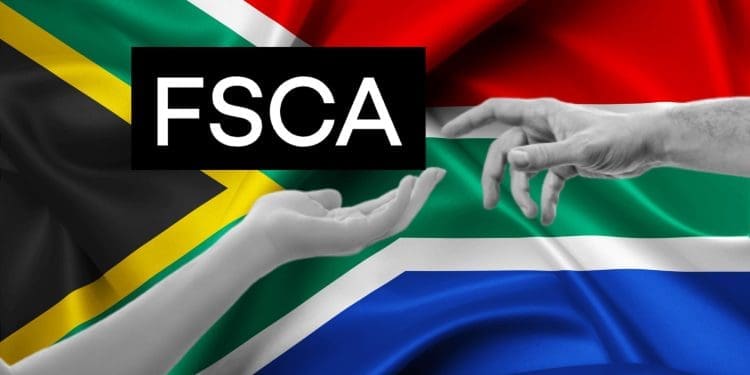- South Africa’s Financial Sector Conduct Authority (FSCA) will review license applications from 36 crypto companies this month as the country increases regulation of the crypto industry.
- The FSCA received 138 license applications, withdrew 19, and will assess the rest based on market conduct, consumer protection, and risk management principles.
- South Africa’s stricter oversight follows growing global regulatory pressure after massive crypto failures, with the goal of balancing innovation and consumer protection.
The Financial Sector Conduct Authority (FSCA) in South Africa is set to review license applications from 36 cryptocurrency companies this month. This comes as the country looks to increase regulation and oversight of the growing crypto industry within its borders.
The Application Review Process
The FSCA received a total of 138 license applications from companies looking to become crypto asset service providers (CASPs). 93 of these applications arrived in October, with the remaining 45 submitted by the November 30th deadline.
After reviewing the applications, the FSCA withdrew 19 of them due to factors like lack of experience and improper policies and procedures. This leaves 119 applications still under consideration, 36 of which will be reviewed at the FSCA’s Licensing Executive meeting on December 12th. The other 83 will be reviewed at the February 2024 meeting.
Criteria for Approval
The FSCA will assess each application based on principles of market conduct, consumer protection, and risk management. Specific factors include:
- Services offered – custodial services and payment rails are seen as especially valuable
- Internal controls like KYC and conflict of interest disclosures
- Cyber risk management
- Credit and counterparty risk management
- Complaint handling procedures
The goal is to ensure consumer safety as more South Africans invest in crypto assets. Recent FSCA research found monthly crypto transaction volumes of around $500 million in South Africa.
Global Regulatory Trends
South Africa’s stricter oversight comes amid growing regulatory pressure globally following massive failures like Terra/Luna and FTX. Many advocate modeling regulations on the European Union’s Markets in Crypto-Assets framework, which promotes cross-border collaboration.
The FSCA will issue licenses to qualified firms in batches, with 36 approved in December and 22 more in February 2024. This thoughtful approach balances innovation and consumer protection as the crypto industry matures.














